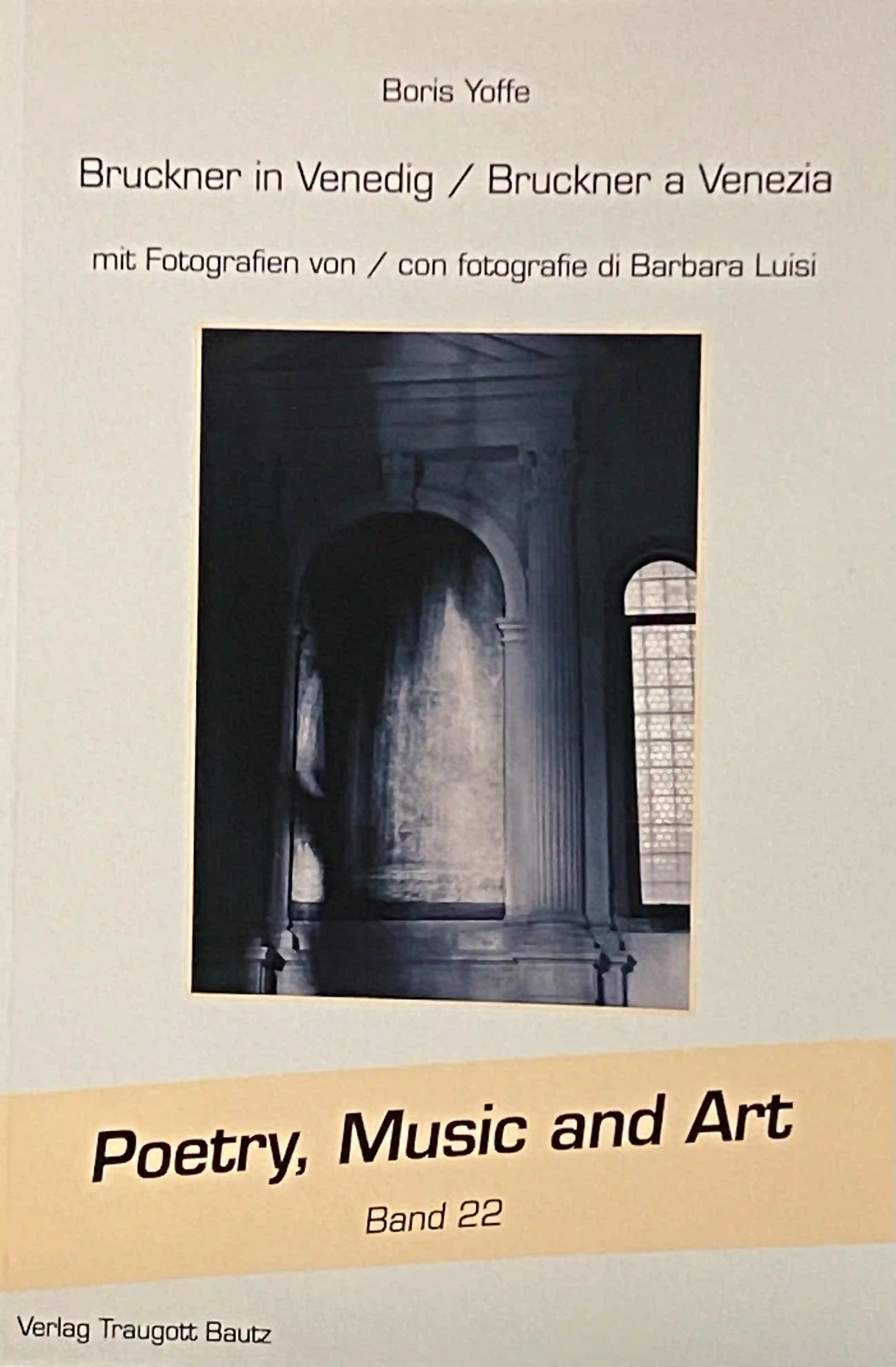
Boris Yoffe (geb. In St. Petersburg 1968) erhielt seine erste musikalische Ausbildung als Violinist und Komponist un der SU. 1990 emigrierte er nach Israel und setzte dort seine kompositorischen Studien fort. Seit 1997 lebt er in Karlsruhe, wo er ...
Read more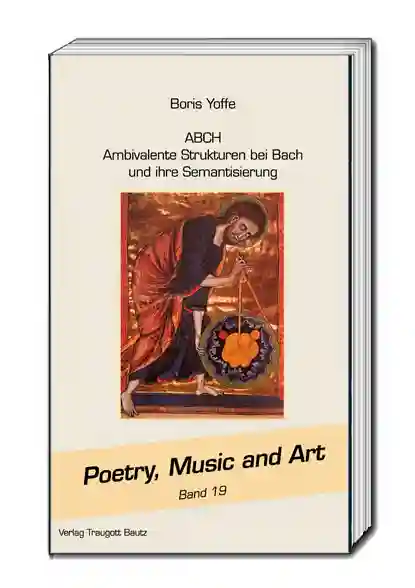
In his book, the author attempts to trace how the general metaphysical problematic can be directly experienced in Bach's music; at the same time, it can be seen as a kind of textbook on certain aspects of Bach's formal construction and should thus also be of importance to a broad audience interested in music.

"The Soviet or rather Russian symphony of the 20th century was separated from the world music and developed in its own special and unique way which finally turned out to be a real treasure locked in the niggard’s chest.
There are lots of essays dedicated to the history of the Soviet music. But until now the cover of this chest was hardly even lifted, countless composers and their works stay unknown. Yoffe takes us with him into this thrilling journey through the path of unique history providing extensive detailed overview of many wonderful compositions, greatest part of which was unknown to the western listener until now." (wolke, 2014 - read more)
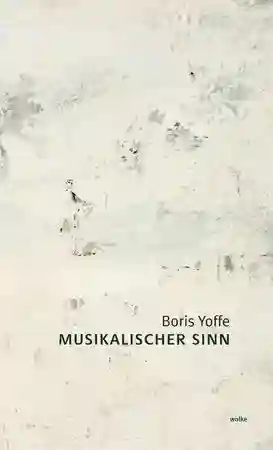
"It is difficult to associate Boris Yoffe with modern musical directions, difficult from the point of view of concepts. His approach and understanding of classical and modern music do not belong to our days. His thought aims to achieve beyond academic researches to the deeper undercurrents of sense. And this makes his approach free of the epoch and time features. His ideas seem to come from far away and still considering our cultural tradition, swirling around the core and the very essence of music. And thus Yoffe proves to be an expert in Russian, Jewish and German musical and cultural tradition." (wolke, 2012 - read more)
Wo befindet sich Musik als Sinn, Struktur, Gestalt, Erlebnis? Weder in den Noten noch in den Klängen, sondern im Kopf, oder, genauer, in der Seele, im Geist des Zuhörers, in seiner Wahrnehmung.
Read more1 (Realität ist Inhalt der Wahrnehmung). Alles, was existiert, existiert immer als Inhalt von individueller interpretierender Wahrnehmung. 2 (Individuelle Wahrnehmung ist die dynamische Beziehung zwischen Kultur und individuellen...
Read moreWas ist das Verhältnis zwischen Dynamischen und Statischen? Das unaufhaltsame Fließen der Zeit - und die unbeweglichen Ideen, Vorstellungen, Gestalten, Gesetze...
Read moreGedanke (zeitlos) - Wort (Dauer) - Sprechen (Zeitablauf) - Gedicht (Metrum) - Gesang - Musik (Zeit-Werden) - Gedanke (von der Zeit befreit)
Read moreDie christliche Mythologie, und ganz besonders die christliche Ikonographie, verbindet viele Themen, die nicht nur für einen überzeugten Christen aufregend und aktuell sind, sondern auch für einen Nichtgläubigen: Vertrauen, Verrat, Reue, Selbstzweifel...
Read moreVerliebtsein, Angst, Schmerz, Hunger, Entzückung oder Demut kann man nicht aus Beschreibungen oder Definitionen kennenlernen. Um die Bedeutung dieser Wörter zu verstehen, muss man diese Gefühle selbst erleben...
Read moreArchitektur kann man kaum als ein rein ästhetisches Gebiet betrachten: zu direkt ist ihre Verbindung zu einer Ideologie, einer Mythologie, zu Macht und dem Gesetz. Niemand weiß...
Read moreEs ist nicht so, dass Venedig dem Paradies ähnelt, aber es ist das Modell des Paradieses, die Erfahrung einer Auseinandersetzung mit dem Paradies, seinem Erwerben und seinem Verlust, einer Dazugehörigkei, eines Rechts auf es – und seiner Unerreichbarkeit.
Read moreHöflichkeit ist paradox. Wieviel Ehrlichkeit verträgt sie, und wieviel Respekt kann sie ausdrücken? In den meisten Fällen sind diese beiden Momente unvereinbar: Respekt schließt Betrug...
Read moreBegrüßung und Entschuldigung. Ich bedanke mich für die Einladung und entschuldige mich, dass ich als Dilettant nicht ein fertiges Papier vorlesen werde, sondern über einige Themen frei sprechen werde in der Hoffnung...
Read moreAuch wenn ich während meiner marxistisch-leninistischen Vorlesungen (eine Pflicht in der Sowjetunion) friedlich geschlafen habe,
Read moreDie Musik bietet uns verschiedene Konzepte des Todes. Kann man Unsterblichkeit ausdrücken? Den Glauben daran, den Durst danach, die Versöhnung mit dem Tod, den Zustand der Todesfurcht – auf jeden Fall.
Read moreIn diesem Aufsatz möchte ich anhand einiger Beispiele zeigen, wie der Erlkönig als Schlüssel wichtiger Momenten der schubertschen Ästhetik dienen könnte.
Read moreDer Raum, in dem die musikalische Entfaltung stattfindet, ist nichts als die Zeit.
Read moreBei Barbers Konzert muss ich mich nach den Grenzen der Musik, des Musicals und Hollywoods fragen. Die Kunst ist ein Stück Leben und keine Lackierung. Und obwohl Barber hier traditionelle Mittel der europäischen Musik benutzt...
Read moreDie Gravitation in der modalen Musik ist Ausdruck der Beziehungen der Stufen einer Tonreihe, die Gravitation in der tonalen Musik ist Aus- druck der Beziehungen der Tonarten des Quintenzirkels...
Read moreEs ist nicht immer offensichtlich oder vielleicht auch nicht immer möglich, genau festzustellen, was man in der Musik als Zitat gelten lassen kann. Die Aneignung des Fremden, das Verwenden des einen oder anderen Elements...
Read moreEine der Hauptkategorien, mit denen man sich in der Musik auseinandersetzt, ist die der Änderung (mit ihrer dazugehörigen Problematik, vor allem der der Selbstgleichheit).
Read moreWahrscheinlich findet man in jeder Epoche eine unbestimmte Menge an Texten, die dem Beweinen oder dem Verfluchen eben dieser Epoche gewidmet sind und diese als dahindämmernd und sterbend bezeichnen.
Read moreFür jemanden, der wie ich die Kunst vor allem als Weg der individuellen Erfahrung sieht, wird die zweite Geigensonate von Schumann zusammen mit seinem Manfred, Cellokonzert und einigen anderen Werken zweifellos zu den beliebtesten und geschätztesten Musik
Read moreIch habe versucht, mir die ideale Aufführung des Violinkonzerts von Schönberg vorzustellen. Als erstes ist auffällig, dass es keinerlei Beziehung zwischen Solist und Orchester gibt, sondern die Violine alleine im Vordergrund steht als einzige zentrale Fig
Read moreWas sind das für Schläge am Anfang jeden Satzes – Glocken? Glöck- chen? Das Klingeln im Zirkus zu Beginn einer Vorstellung? Schluss- akkorde? Zauberworte, die verschiedene Bilder – ein erstes, zweites, drittes
Read moreWas macht ein Musikstück in meiner (unserer?) Vorstellung, in meiner Wahrnehmung zu einem lebendigen Wesen, einem Individuum, einem Antlitz? Wodurch erreicht man diese Verschmelzung aller Elemente zu einer Einheit, zu dem Ganzen,
Read moreDie Problematik der ästhetischen Wahrnehmung mit der jüdischen Ästhetik in einen Zusammenhang zu bringen, könnte man als reine Willkür ansehen. Ich glaube aber, dass wir, indem wir uns einige der wichtigsten Vorstellungen der Kabbala klar machen, damit au
Read moreAuch wenn ich immer noch Zweifel an der künstlerischen Größe Schönbergs Musik habe, so ist seine historische Bedeutung für mich unumstritten. Nur scheint es mir, dass die herrschende Vorstellung darüber auch fehlerhaft ist.
Read moreIch liebe diese Sonate, kann aber die Gefühle derer, die eine gewisse Abneigung gegen sie empfinden, nachvollziehen. Vor allem wegen des zweiten Satzes, der ein wenig wie ein Pflichtübung anmutet
Read moreUnserer heutigen konventionellen Vorstellung von Zeit entspricht noch das beethovensche Modell (das auch bei den meisten Komponisten nach Beethoven anzutreffen ist). Hier ist die Zeit ein in eine Richtung gerichteter Pfeil, wobei kausal miteinander verbun
Read moreMusik als Prozess ist eine Vorstellung, die den großen Dirigenten der Vergangenheit bei ihren Bruckner-Interpretationen einen schlechten Dienst erwiesen hat. Für einen „Beethovenianer“, wie es jeder Musiker damals war, ist das Prozessuale eine Selbstverst
Read moreEines der zentralen Themen des christlichen Mythos ist das Paradox des Opfers. Das Schöne, das Reine, das Unschuldige und Erhabene, das Vollkommene – wird getötet, vernichtet, geopfert, damit alles andere über- lebt, erlöst wird und Verzeihung erlangt.
Read more1. Der Mensch lebt, ohne zu wissen, wer er ist, warum und wozu er lebt...
Read moreDen Vortrag an der Uni habe ich zwar verpasst, aber sein Titel - „Kabbala der Erzählung“ - hat mich so beeindruckt, dass ich hier einige Überlegungen zu einem parallelen Thema niederschreiben möchte.
Read moreIch würde hier wie auch sonst fast immer mit der Semantik beginnen bzw. mit meinem eigenen ästhetischen Erleben/Semantisierung… Und das Werk wirkt verblüffend, irritierend, atemberaubend, zugleich vertraut und fremd – das entspricht ungefähr dem Eindruck
Read more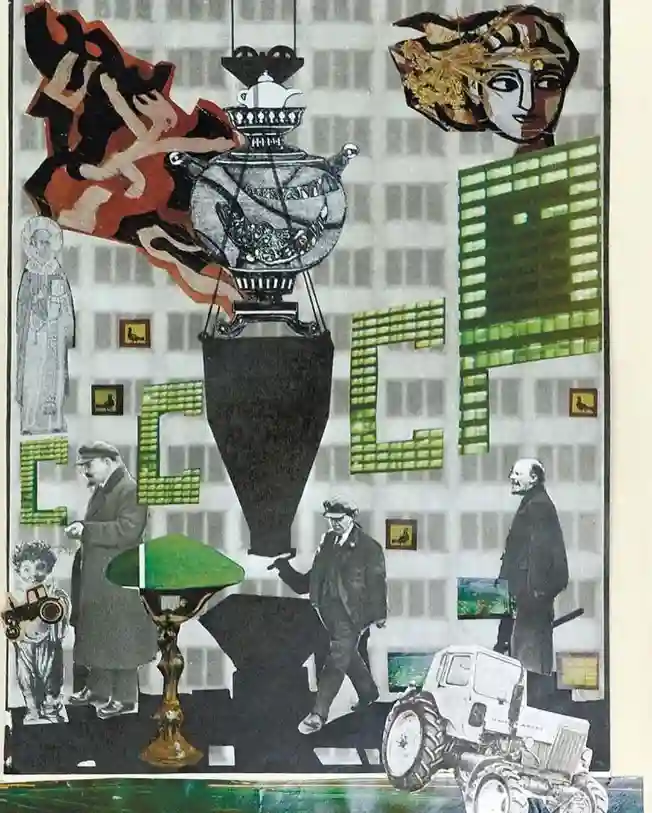
Boris Yoffe I. Ethik vs Ästhetik Meine Damen und Herren! Als ich zum letzten Mal hier auftreten durfte, habe ich über Schostakowitschs Paradoxien gesprochen. Eine der Antinomien war ethischer Natur: ein Humanist - ein Misanthrop. In den vergangenen zwei
Read moreBei unserer ersten Begegnung hier vor einigen Jahren durfte ich über Schostakowitschs Paradoxien reden. Eine von diesen Paradoxien konnte ich auf dem letzten Treffen etwas ausführlicher besprechen, nämlich die "ästhetische Strategie der Verarschung".
Read more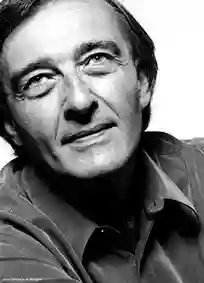
"The Book of Mr. Boris Yoffe 'Im Fluss des Symphonischen' has impressed me a lot. First of all it is a high professional, large scale, fundamental work about Soviet Symphonism, which embraces the period before the Soviet state was established, to present the pre-soviet period, as well it presents the full picture of Soviet era symphonism. This book is written with knowledge and love. The mentioned above book is representing not only the composers of the 20-th century, but as well the whole cultural scale of Russian and Soviet period. The details presented in book are extremely interesting, opening a new glance of soviet composing school, which is extremely interesting for any performer and for a conductor particularly.
The presentation of a 16-th chapter, 'Die Symphonie der Unionsrepubliken',so called Koloniale Misik, is written very interesting, presenting the real picture and analysis of the mentioned subject. Particularly interesting is presented the music in Baltic States and in Caucasus. All themes of this book are interesting, but for me particularly interesting was chapter 9, "Die am Rande Gebliebenen". Another chapter which moved me a lot, is about the St. Petersburg school and particularly about Boris Arapov, who was a great friend of my father, whom I knew personally very well and who blessed me in the very beginning of my life as a conductor. Not talking about personal-close relationship of my family with Shostakovich, Khachaturian, Khrennikov, Kabalevsky, Kaka Karaev, and other composers. From 60-s, the whole palette of the Soviet music inclusive its composers, was in front of my eyes and I am a witness of many events happening in those times. That’s why I can say, that this book is a honest picture of the Soviet music and very interesting as for the professionals, as well for the ones who love and understand music."
Vakhtang Matchavariani, conductor

"Yoffe’s book stands out of a row of traditional musicological essays – first of all with its vivid polemical character and readability. The author is not afraid to stress his own often very personal approach to the subject, he does not try to make problematic point smoother in order to prevent probable critics, avoids false complexity and science-wise formulas. He has a rare gift to write about music (by the way mostly unknown music) interestingly. Only few of the works mentioned in the book are recorded and accessible – and nevertheless it does not make reading less capturing, Yoffe can find images to re-create the sounding of music impelling to actually listen to the described compositions. This is the greatest achievement and contribution of this book: it tells not only the history of Soviet music, more or less familiar to some readers, the intention of the author is to rouse an interest not for the history, but for this very music… It is hardly possible to imagine any other approach more suitable for investigating this subject as widely. There are lots of surprises even for the musicologists specialized in the topic. Yoffe’s essay counts 650 pages making a captivating panoramic view of the symphonic art of dozens composers."
Jascha Nemtsov, musicologist and pianist

"Yoffe takes music seriously as a mode of cognition and discusses it with an authority that can no longer be taken for granted. It is to be lauded how here the question of music’s significance is pursued with authentic urgency. One can only hope that protagonists of contemporary music who are interested in theoretical discourse – and perhaps not only they – realize the ball is in their court."
Johannes Menke, music theorist, from his review, published in:
Musik & Ästhetik Heft 66, Stuttgart 2013, S. 110-112.